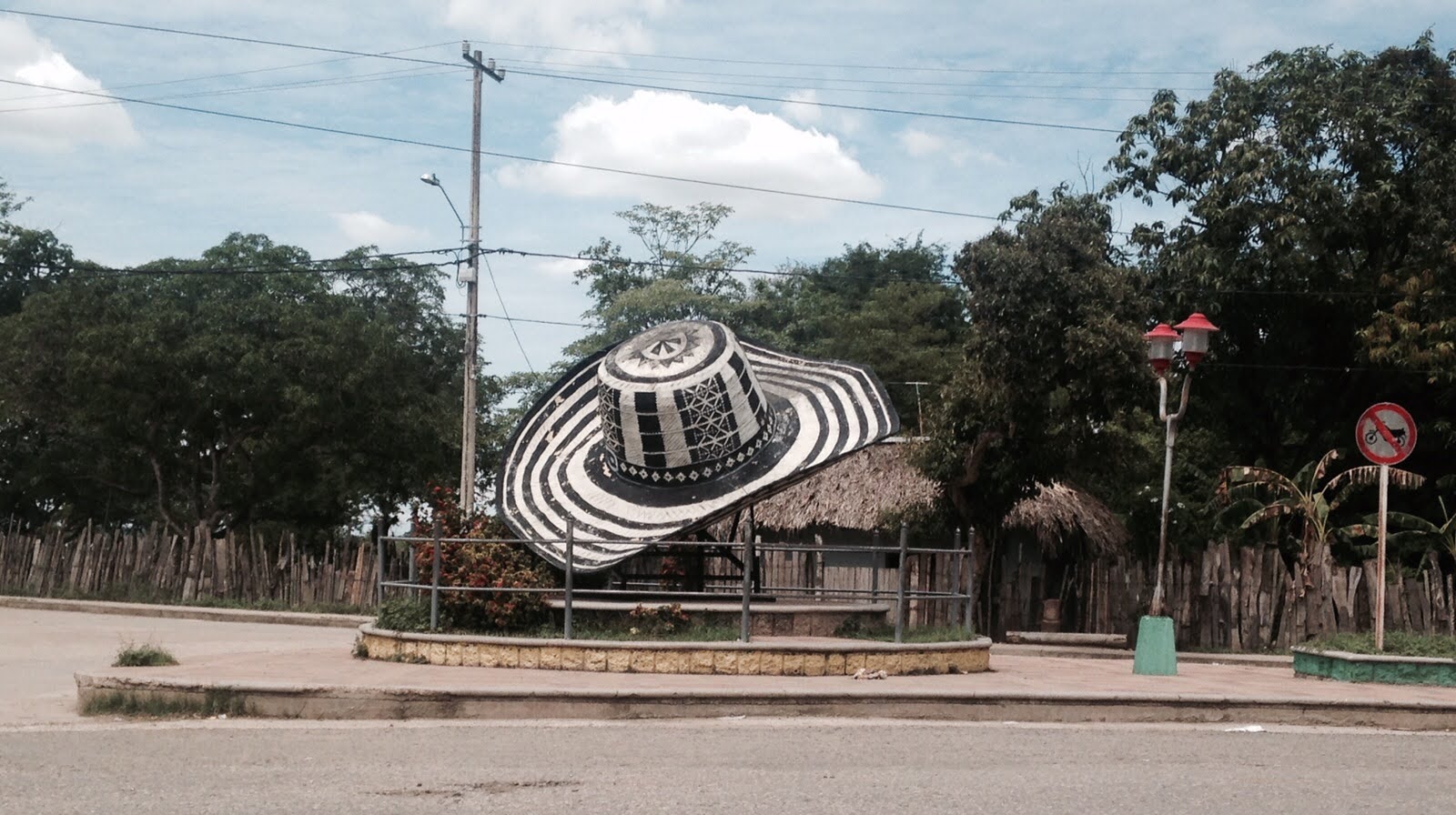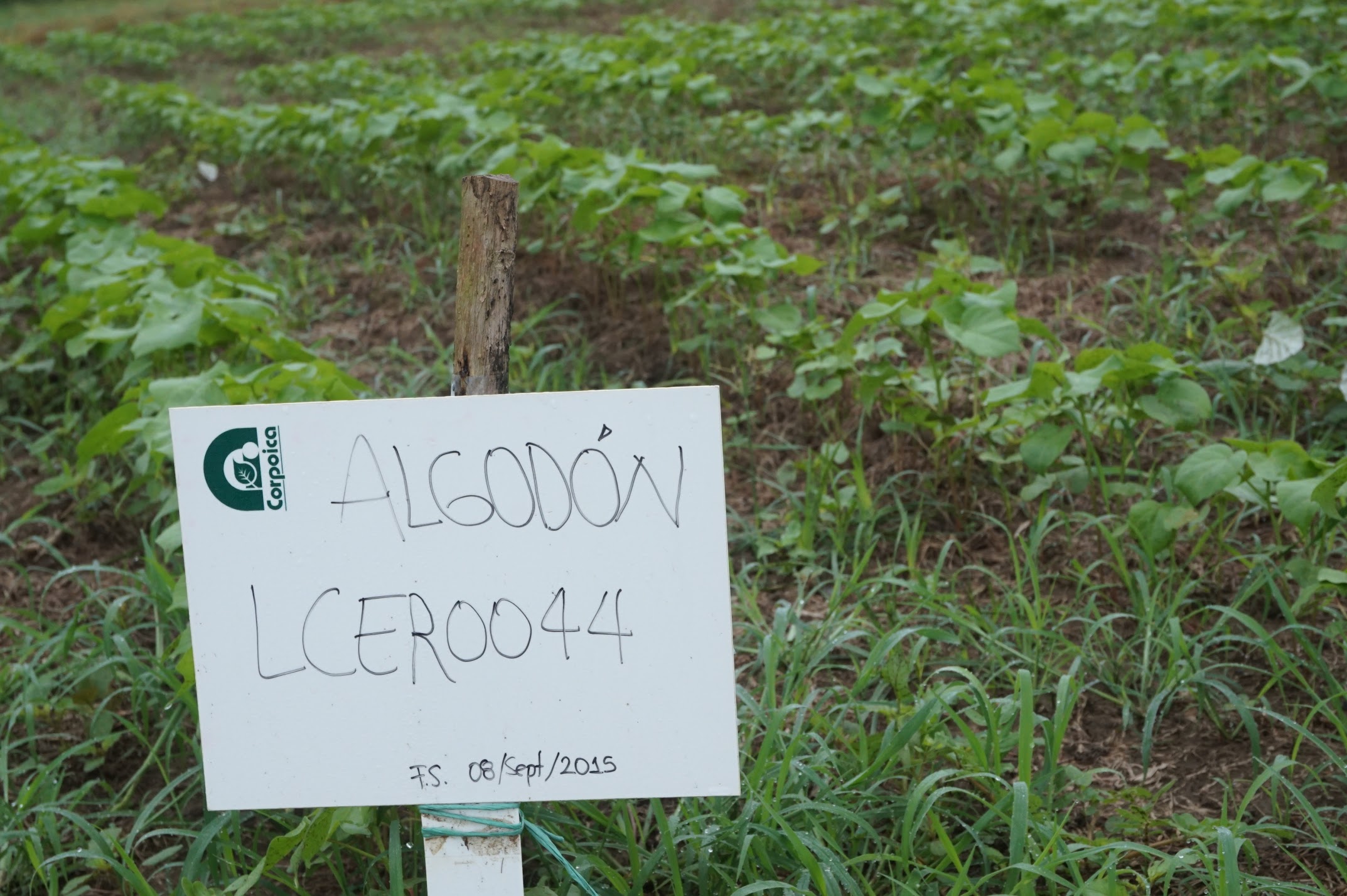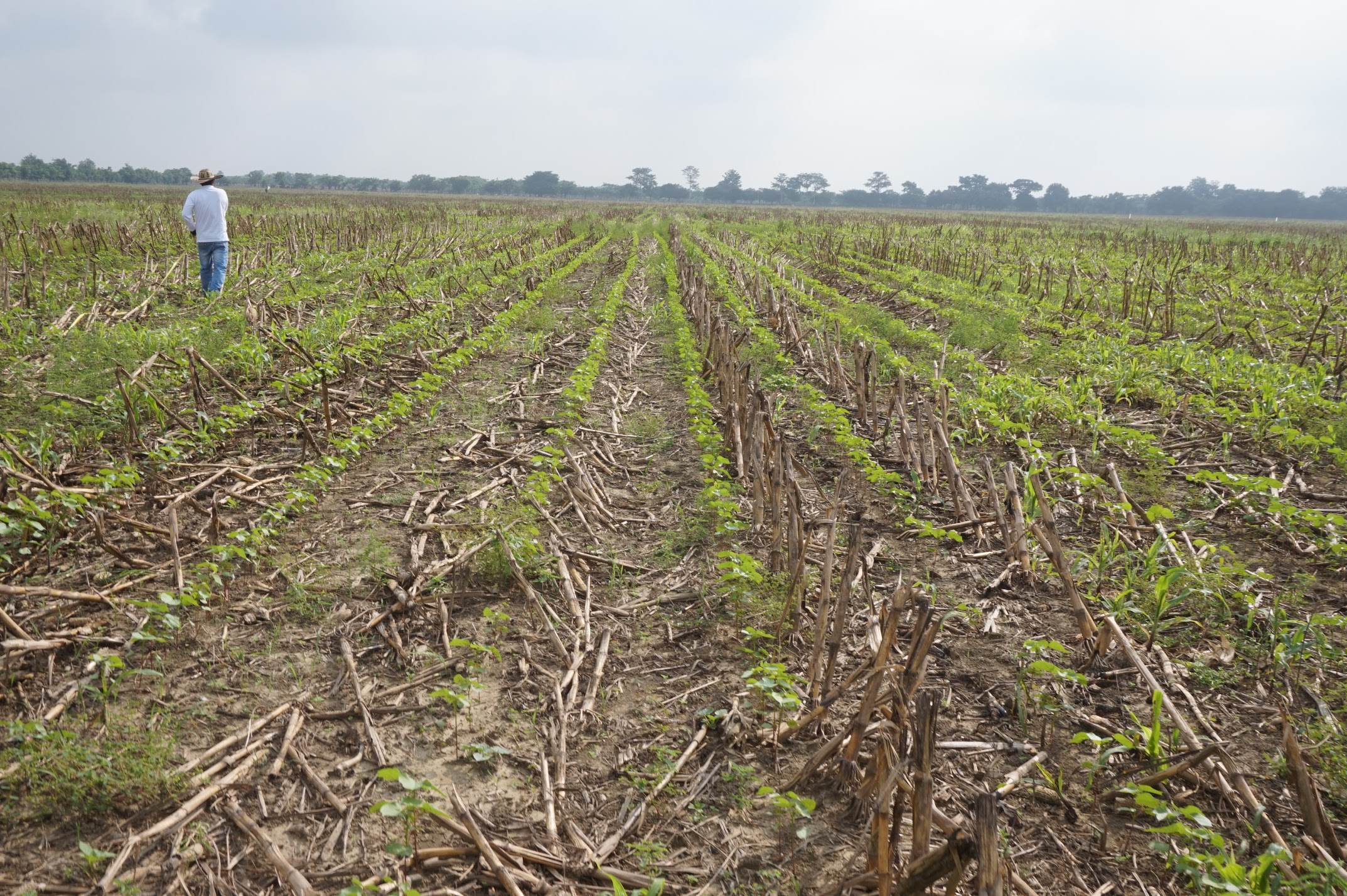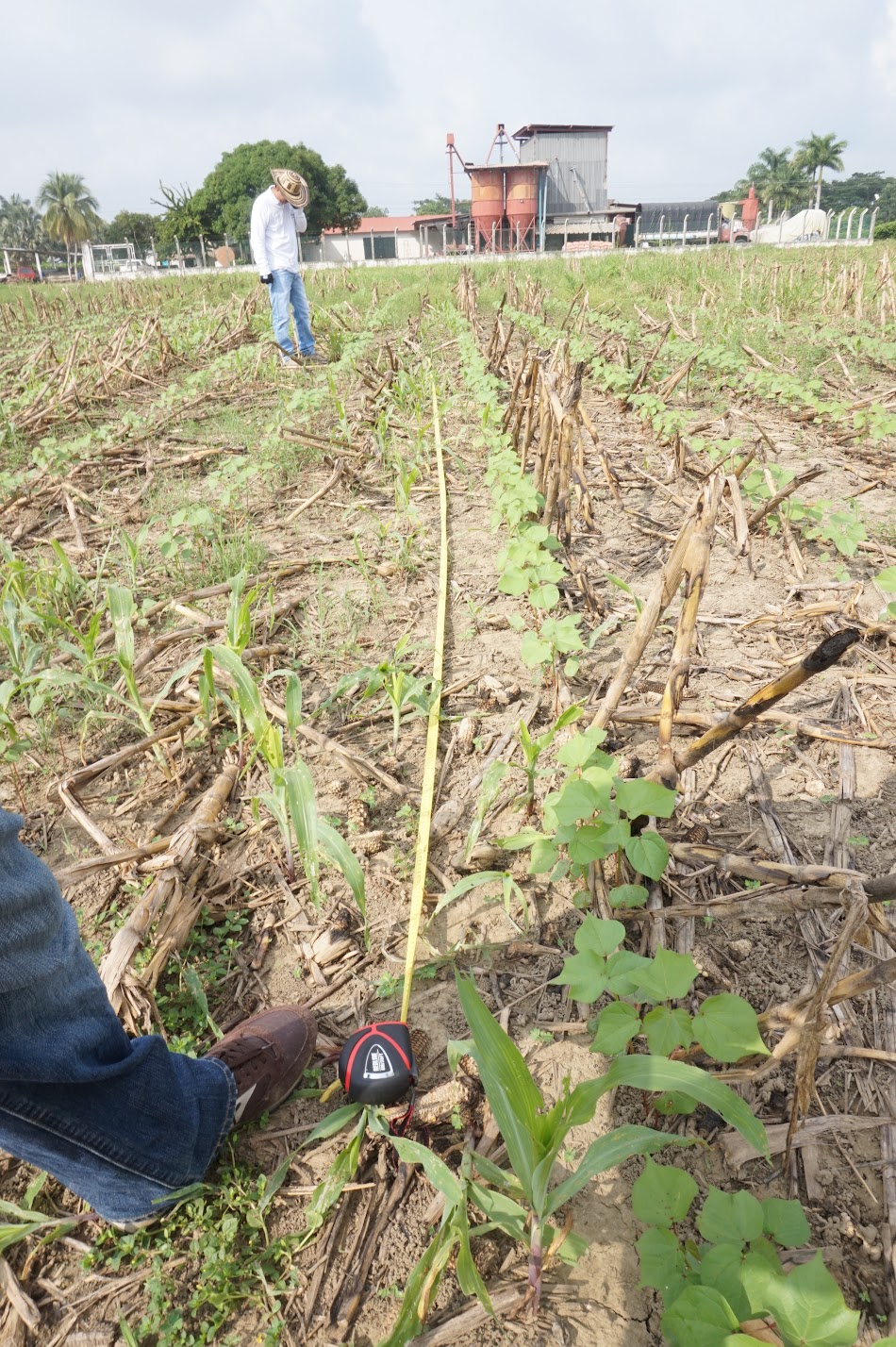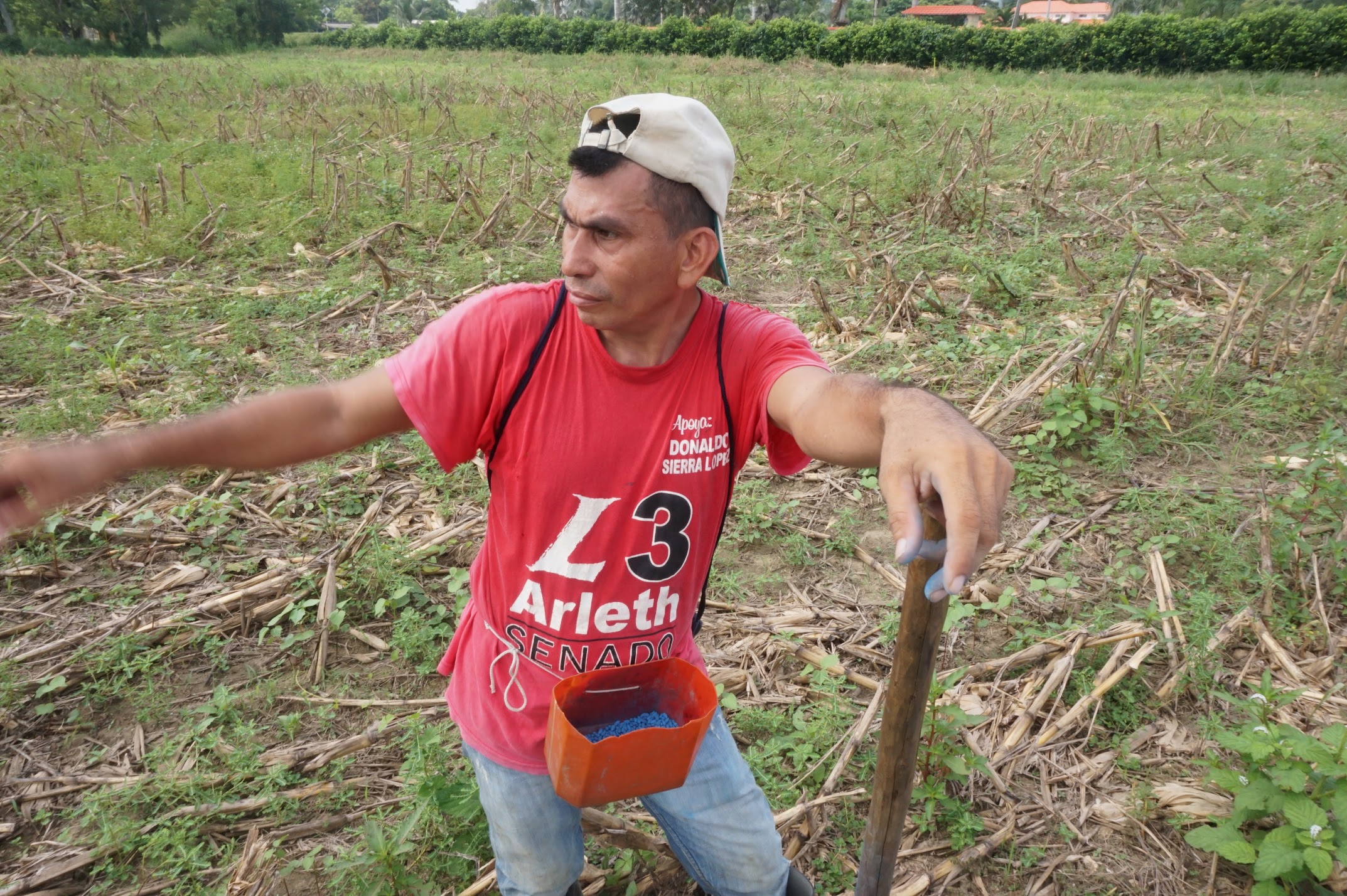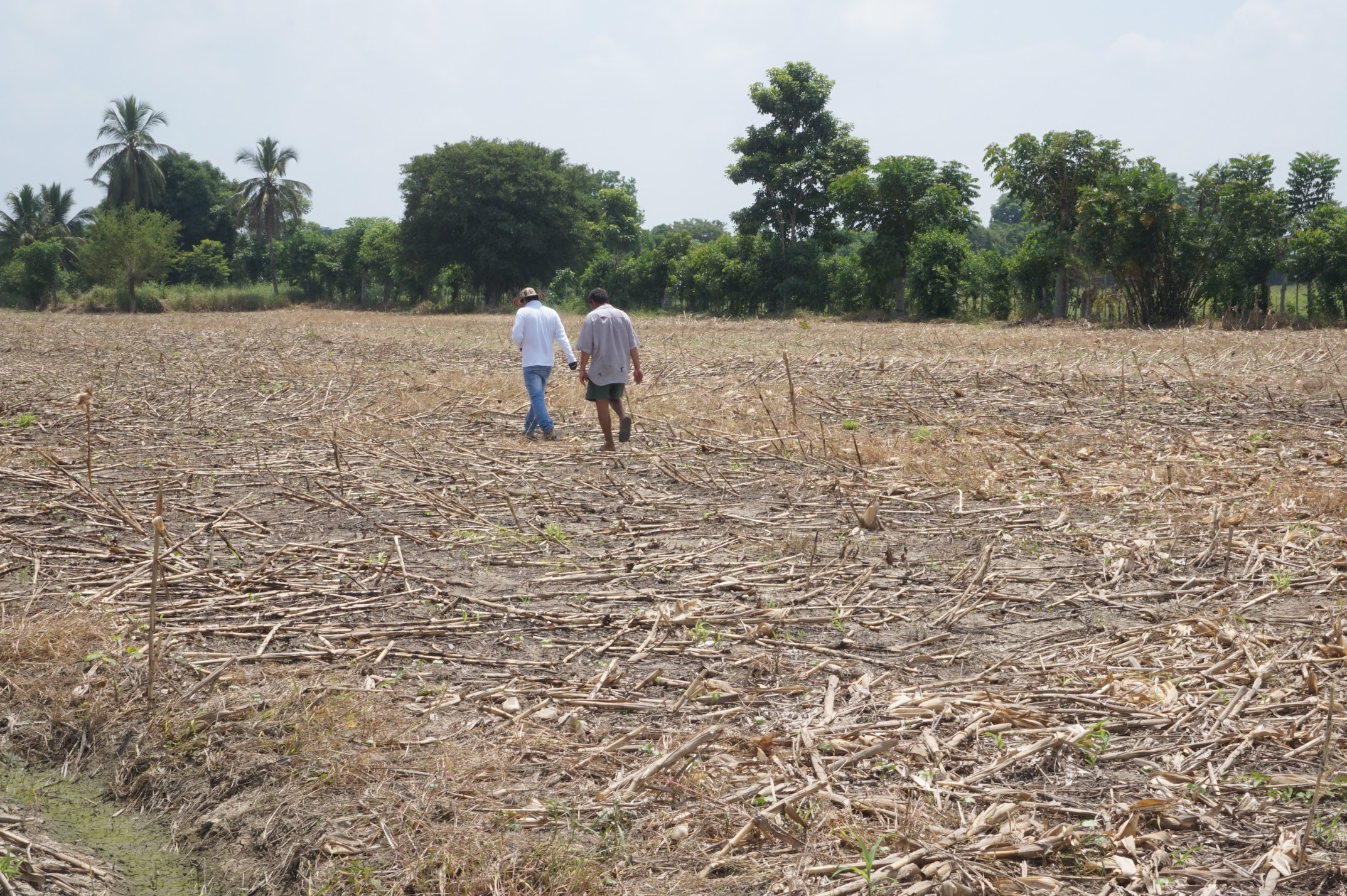
Protecting the vital
“Protecting the Vital” analyzes the regulatory changes, technological narratives, social mobilization, and complex ethical debates that surrounded the introduction of genetically modified seeds in Colombia.
The introduction of genetically modified crops in Colombia led to changes in the regulatory framework governing the circulation, commercialization, and use of seeds in the country. In particular, new biosafety regulations were established, defining the types of seeds that could potentially pose a threat to the countryʼs biodiversity and health (human and animal).
These new regulations were accompanied by a series of seed confiscations carried out by state institutions and justified as an effort to guarantee the quality and safety of agricultural markets. Colombian cotton farmers were particularly affected by these confiscations. Most of their preferred conventional cotton seed was taken off the market, forcing them to plant their crops with genetically engineered seed. "Protecting the Vital" argues that, in this case, the new biosafety regulations that accompanied the introduction of genetically engineered seeds in Colombia protected not biodiversity and health, but the market for corporate seeds.
- Swiss National Science Foundation – Doc.CH Grant
- Institut für die Wissenschaften vom Menschen
- Centro Latino Americano Suizo
- Prix de lʼAssociation des Anciens – Best 2017 PhD thesis of the Graduate Institute of International and Development Studies.
- Lateinamerikapreis – Best 2017 Swiss thesis on Latin American Studies. Fonds für Lateinamerikastudien. University of St. Gallen.
These are some of the pictures from the fieldwork I carried out in Colombia (Departments of Tolima and Cordoba) during 2014-2015. The use and distribution of these images is not authorized.








